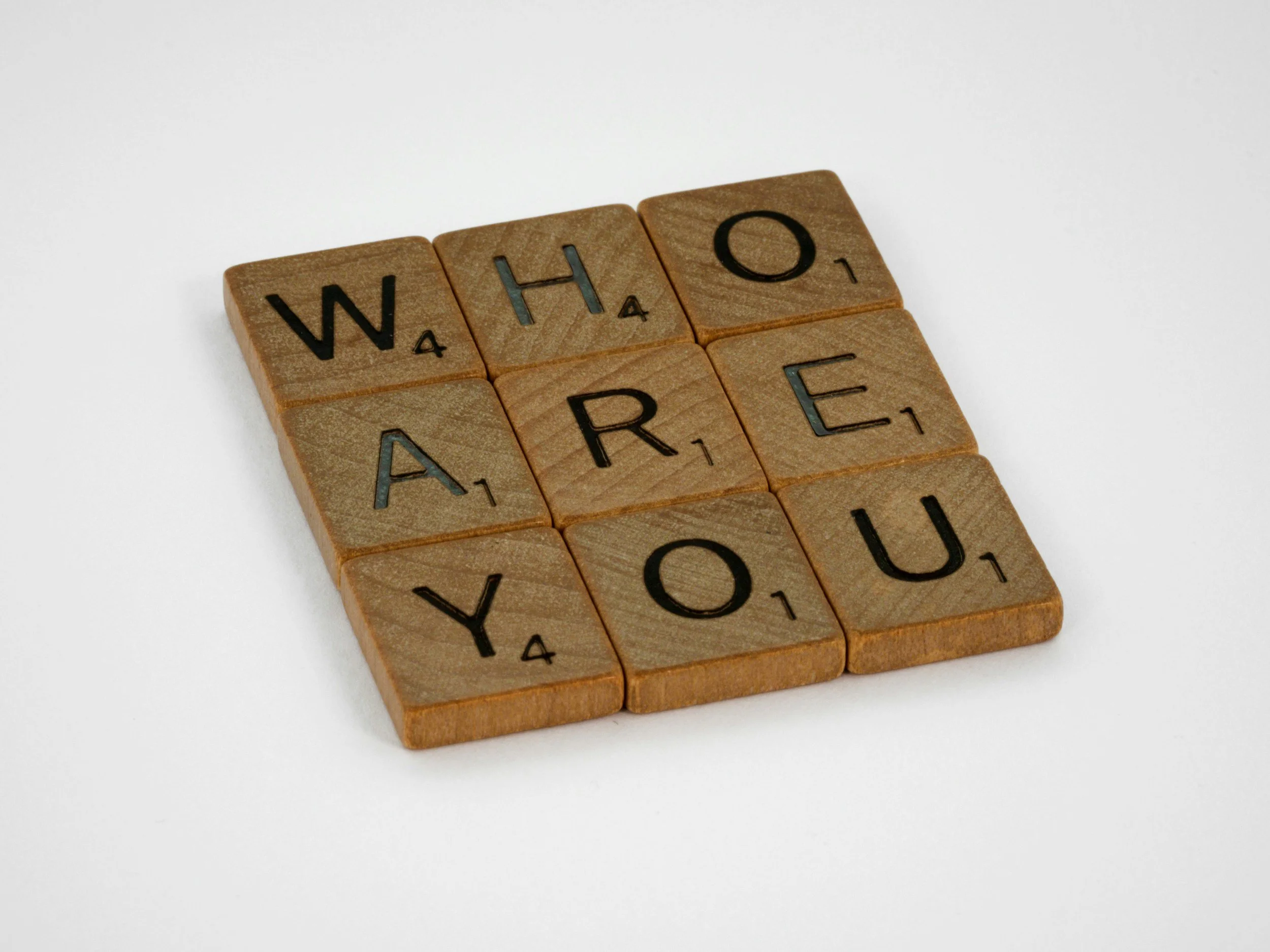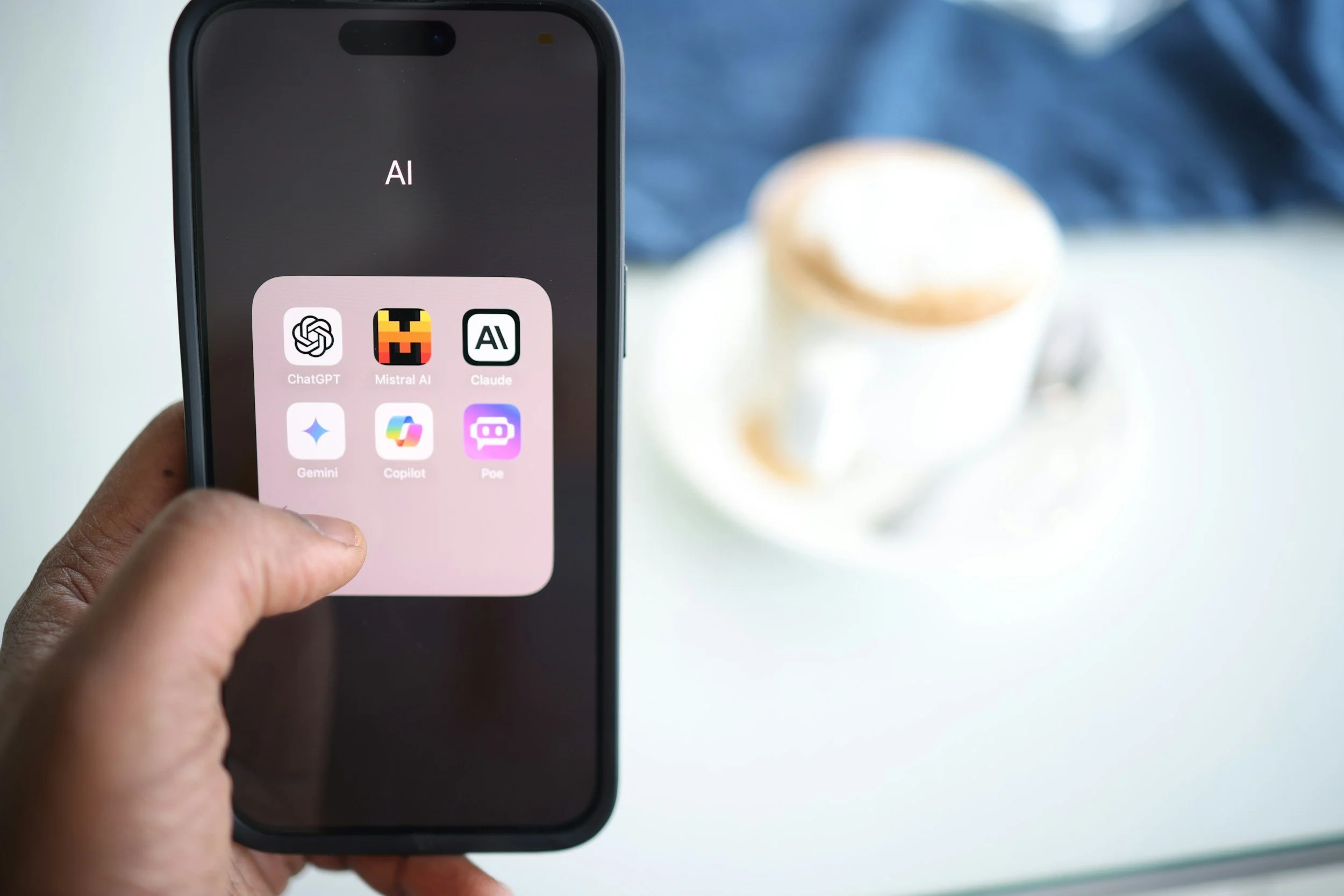The Silent Stranglehold: How YouTube’s Demonetization Policies Shape Public Discourse
In the sprawling ecosystem of YouTube, where creators explore everything from the frivolous to the deeply profound, a quiet yet pervasive force dictates the boundaries of acceptable discourse: demonetization. Under the guise of maintaining advertiser-friendly content, YouTube's policies have evolved into a system of financial rewards and punishments that subtly—and sometimes overtly—condition creators to self-censor. As a result, critical conversations are stifled, dissenting voices are silenced, and a troubling precedent is set for the suppression of free expression.
The Economics of Expression
YouTube's demonetization process often targets content that touches on sensitive or controversial topics, such as mental health, violence, politics, or social justice. Videos discussing issues like self-harm, war, or sexual violence are frequently flagged as unsuitable for advertisers, stripping creators of the revenue they rely on.
For creators who depend on YouTube for their livelihood, the message is clear: Avoid these topics, or pay the price. This system, rooted in the principles of operant conditioning, rewards compliance with monetization while punishing deviance with demonetization. The result is a chilling effect that compels creators to align their content with YouTube’s unwritten rules.
Many YouTubers, in an effort to adapt, have developed a workaround: coding their language. Instead of directly referencing "self-harm," they use euphemisms like "SH" or avoid the topic entirely. While this allows some discussion to persist, it inadvertently reinforces the idea that such subjects are taboo—too dangerous, too shameful to be named outright. The result is a stilted public discourse where even the language of important conversations is sanitized to fit within a rigid, advertiser-friendly framework.
The Psychological Toll on Creators
For creators who tackle heavy or controversial topics, demonetization is more than a financial inconvenience—it’s a form of censorship that undermines their mission. Mental health advocates, for instance, often find their videos flagged when discussing suicide prevention or trauma recovery, even when handled responsibly and compassionately. These creators face a cruel irony: the very conversations designed to help and heal are penalized by the platform’s algorithms.
The psychological toll can be immense. Creators may feel pressured to abandon topics they’re passionate about in favor of safer, more lucrative content. Others may experience burnout from constantly navigating the platform’s opaque guidelines, unsure which words or themes might trigger demonetization. Over time, this erodes the authenticity and diversity that once made YouTube a haven for creative expression.
The Broader Impact on Society
Demonetization doesn’t just affect individual creators—it shapes the cultural landscape of YouTube as a whole. By financially incentivizing safe, sanitized content, YouTube fosters an environment where difficult conversations are pushed to the margins. This has far-reaching consequences for public discourse:
Taboo Topics Become Untouchable: When creators are penalized for addressing complex issues, these topics are relegated to the shadows. This lack of visibility perpetuates stigma and ignorance, making it harder for society to engage with and address pressing problems.
Marginalized Voices Are Silenced: Creators who challenge mainstream narratives or advocate for underrepresented groups are disproportionately affected by demonetization. Their perspectives, already sidelined in traditional media, struggle to gain traction on a platform that prioritizes advertiser comfort over inclusivity.
Echo Chambers Thrive: Rewarding safe, conformist content creates a feedback loop where only certain viewpoints gain prominence. This homogenization of discourse stifles intellectual diversity and critical thinking, leaving viewers trapped in ideological bubbles.
The Language of Censorship
The rise of coded language on YouTube is perhaps the most insidious consequence of demonetization. While euphemisms like “SH” or “unalive” (for suicide) allow creators to skirt the platform’s restrictions, they also contribute to a culture of silence. These linguistic contortions make difficult topics feel dangerous and unspeakable, reinforcing the stigma that surrounds them.
Imagine a world where creators can’t openly discuss mental health, social justice, or political corruption without resorting to cryptic abbreviations or veiled language. Such a world is not conducive to progress—it is a world where ignorance thrives, and critical issues remain unresolved.
What’s Driving YouTube’s Policies?
At the heart of YouTube’s demonetization policies lies the platform’s dependence on advertisers. To maximize revenue, YouTube must cater to brands that prefer to avoid association with controversial or divisive content. However, this pursuit of profit often comes at the expense of creators and viewers alike.
The algorithms that flag content for demonetization are notoriously opaque, leaving creators guessing at what might trigger penalties. This lack of transparency fosters distrust and encourages over-correction, as creators err on the side of caution to protect their income.
Is There a Way Forward?
Addressing YouTube’s demonetization problem requires systemic change, including greater transparency, accountability, and support for diverse perspectives. Here are some potential solutions:
Clearer Guidelines: YouTube must provide creators with detailed, consistent explanations for why content is demonetized. This would reduce confusion and help creators make informed decisions about their content.
Advertiser Education: Brands should be encouraged to support content that tackles difficult topics responsibly, recognizing the value of fostering meaningful conversations.
Alternative Revenue Streams: Expanding funding options, such as direct subscriptions, crowdfunding, or sponsorships, can empower creators to discuss controversial subjects without fear of financial repercussions.
Algorithmic Oversight: Independent audits of YouTube’s algorithms could ensure that demonetization practices are applied fairly and don’t disproportionately target marginalized creators or topics.
Reclaiming the Conversation
YouTube has the potential to be a platform for transformative dialogue—a space where creators can tackle society’s most urgent issues without fear of reprisal. But its current demonetization policies threaten to undermine this promise, conditioning creators to prioritize compliance over authenticity and reducing important conversations to whispers in the dark.
The rise of coded language like “SH” is a symptom of a larger problem: a system that equates advertiser comfort with public good. If YouTube is to fulfil its role as a global platform for expression, it must recognize that meaningful progress comes from confronting uncomfortable truths—not burying them beneath a veil of silence.
Simply Put
The question now is whether YouTube will rise to the challenge or continue to let its algorithms dictate the boundaries of human discourse. For the sake of creators, viewers, and society at large, it’s a question that demands an answer.







